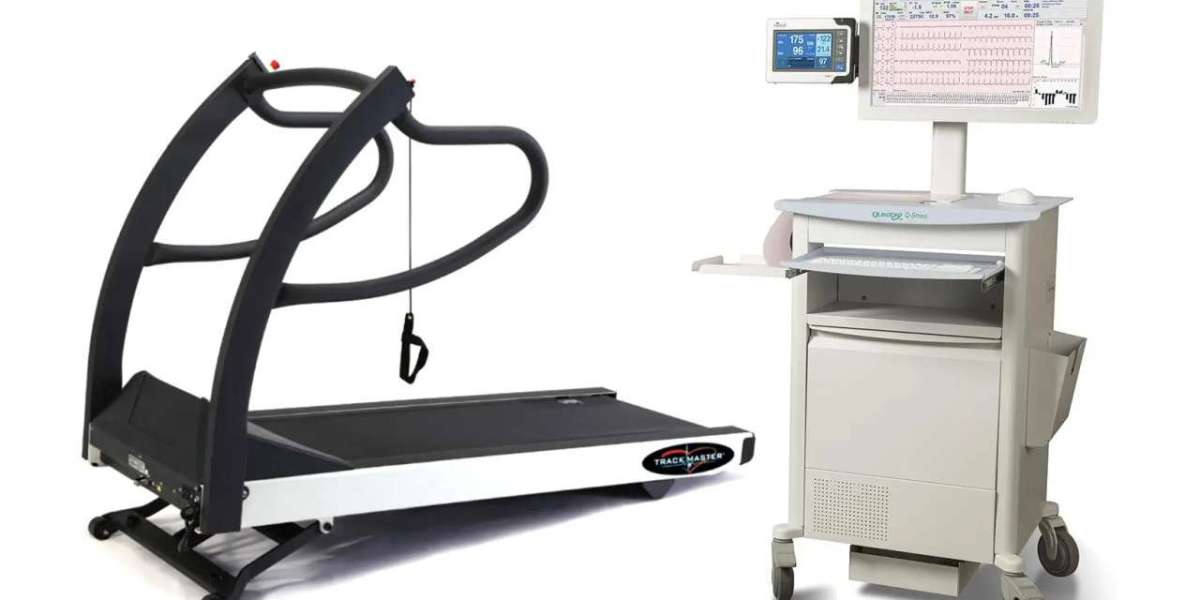Introduction
Stress testing plays a pivotal role in ensuring the durability and reliability of materials and products. Without the proper equipment, understanding how different items hold up under various conditions would be nearly impossible. This guide delves into the various types of Stress Test Equipment, shedding light on their significance, applications, and benefits.
What is Stress Testing?
Stress testing refers to the process of assessing how a product, material, or system behaves under extreme conditions. This could include high pressure, extreme temperatures, or heavy loads. The main goal is to identify any potential weaknesses or failure points.
Why Stress Testing is Essential
Stress testing is crucial for several reasons. First, it helps identify weaknesses in materials and products before they reach the market. This preemptive measure can prevent costly recalls and ensure customer safety. Second, it ensures reliability by verifying that products can withstand real-world conditions. Lastly, many industries have stringent standards and regulations that require thorough testing.
Types of Stress Test Equipment
Stress test equipment varies based on the type of stress being applied. The main categories include mechanical, thermal, electrical, and environmental stress test equipment.
Mechanical Stress Test Equipment
Mechanical stress test equipment is used to assess the physical durability of materials.
Tensile Testers
These machines measure the resistance of a material to a force that attempts to pull it apart.
Compression Testers
Compression testers evaluate a material’s ability to withstand compressive forces without deforming.
Flexural Testers
These testers measure the material's ability to resist bending forces.
Fatigue Testers
Fatigue testers determine how materials behave under repeated stress cycles over time.
Thermal Stress Test Equipment
Thermal stress testing involves exposing materials to extreme temperatures to test their resilience.
Thermal Shock Chambers
These chambers rapidly alternate between high and low temperatures to test material stability.
Temperature Cycling Chambers
These devices subject materials to repeated cycles of heating and cooling to simulate real-world thermal conditions.
Thermal Ovens
Thermal ovens maintain materials at high temperatures for extended periods to assess heat resistance.
Electrical Stress Test Equipment
Electrical stress testing ensures that electronic components can withstand high electrical loads.
Power Cycle Testers
These testers repeatedly turn devices on and off to simulate real-world usage.
High Voltage Testers
High voltage testers apply high voltages to assess insulation and material breakdown thresholds.
Insulation Resistance Testers
These devices measure the resistance of insulating materials to ensure electrical safety.
Environmental Stress Test Equipment
Environmental stress test equipment simulates conditions like vibration, humidity, and altitude.
Vibration Testers
Vibration testers evaluate a product's durability under constant vibration, which is crucial for automotive and aerospace industries.
Humidity Chambers
These chambers expose products to varying humidity levels to test their resistance to moisture.
Altitude Chambers
Altitude chambers simulate high-altitude conditions to test products for performance at different atmospheric pressures.
Choosing the Right Stress Test Equipment
Selecting the appropriate stress test equipment involves several factors:
Factors to Consider
Consider the specific stress conditions your products will face, such as mechanical, thermal, electrical, or environmental stresses.
Application-Specific Requirements
Different industries have unique requirements. For example, aerospace products need to undergo extensive vibration and altitude testing.
Budget Considerations
High-quality stress test equipment can be expensive. Balance the cost with the criticality of accurate and reliable test results.
Benefits of Using Advanced Stress Test Equipment
Investing in advanced stress test equipment offers numerous advantages:
Improved Accuracy
State-of-the-art equipment provides precise measurements, ensuring reliable test results.
Enhanced Reliability
Advanced testers are more robust and less prone to errors, reducing downtime and maintenance costs.
Better Data Analysis
Modern equipment often includes sophisticated data analysis tools that help interpret results more effectively.
Top Manufacturers of Stress Test Equipment
Several leading companies specialize in stress test equipment:
Leading Companies in the Industry
Names like Instron, Keysight Technologies, and Thermotron are renowned for their high-quality stress test equipment.
Innovative Products
These manufacturers offer innovative solutions tailored to various testing needs, from basic mechanical tests to complex environmental simulations.
Maintenance and Calibration of Stress Test Equipment
Regular maintenance and calibration are essential to ensure the accuracy and longevity of stress test equipment.
Importance of Regular Maintenance
Routine checks and servicing prevent equipment failures and extend the lifespan of the devices.
Calibration Procedures
Regular calibration ensures that the equipment provides accurate measurements. This process typically involves comparing the device against a known standard and making necessary adjustments.
Challenges in Stress Testing
Despite its benefits, stress testing can present several challenges:
Common Issues Faced
Challenges include equipment malfunctions, interpreting complex data, and ensuring tests accurately mimic real-world conditions.
Solutions and Best Practices
Implementing best practices such as regular maintenance, staff training, and investing in high-quality equipment can mitigate these challenges.
Future Trends in Stress Test Equipment
The future of stress testing is poised to evolve with advancements in technology:
Technological Advancements
Expect to see more automated and AI-driven testing systems that increase efficiency and accuracy.







